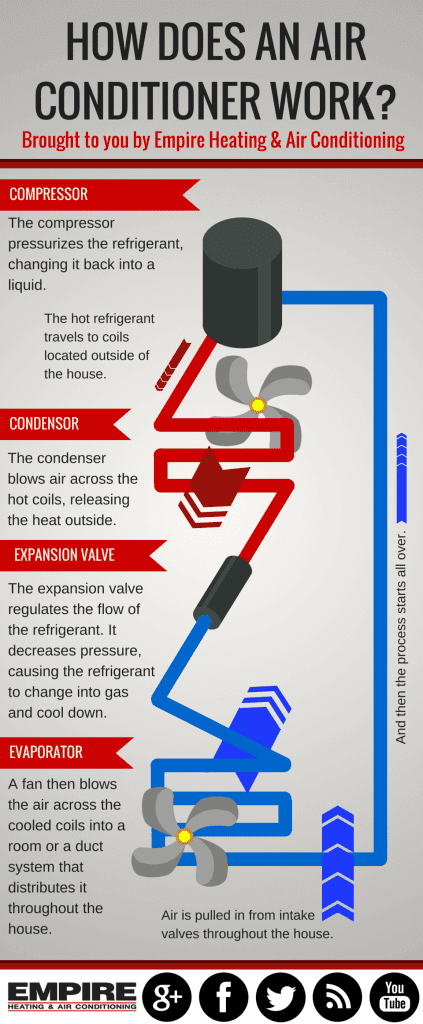Examining Home Temperature Control Options: Benefits And Drawbacks
Examining Home Temperature Control Options: Benefits And Drawbacks
Blog Article
Article Writer-Tobiasen Honore
You may be asking yourself, with numerous options readily available, why trouble comparing different sorts of home heating and air systems? Well, the truth is, choosing the best system for your home is critical for comfort, power efficiency, and cost-effectiveness.
With standard heating systems, contemporary heatpump, and energy-efficient geothermal systems to choose from, each choice comes with its own set of advantages and disadvantages. So, exactly how do you identify which one is finest fit for your demands?
In this discussion, we will certainly check out the benefits and downsides of each system, assisting you make an educated decision that will keep you cozy all year round.
Typical Furnaces
Standard heaters are a preferred choice for home heating unit because of their reliability and effectiveness. These heating systems use gas or oil to create warmth, which is then distributed throughout your home via ductwork and vents. One of the major advantages of standard furnaces is their capacity to swiftly and effectively heat huge rooms. They can provide regular warmth even in extreme cold weather problems.
In addition, traditional heating systems are known for their long lifespan, frequently long-term 15 to two decades with correct maintenance. Another advantage is that they're relatively easy to mount and maintain. However, it is very important to keep in mind that traditional heating systems can be less energy-efficient contrasted to various other home heating choices. They may also call for routine fuel distribution and, in many cases, can present a risk of carbon monoxide leakages.
Modern Heat Pumps
Modern heatpump use an efficient and functional alternative for home heating & cooling. Unlike traditional heaters, heatpump don't create heat; instead, they move warmth from one area to an additional. This implies that they can provide both home heating and cooling abilities, making them a year-round remedy for your home convenience requirements.
Heatpump work by drawing out warmth from the outside air (also in cold temperature levels) and transferring it inside your home during the wintertime. In the summer, the process is reversed, with warm being drawn from inside your home and released outdoors. This effective operation can cause substantial power financial savings contrasted to other heating and cooling down systems.
Additionally, heat pumps are usually quieter and need much less maintenance than standard furnaces.
Energy-Efficient Geothermal Equipments
Geothermal systems use an energy-efficient option for home cooling and heating. By using Web Site of the earth, these systems can offer both warmth in the wintertime and trendy air in the summer season.
The secret to their effectiveness lies in their use eco-friendly geothermal power, which significantly minimizes reliance on fossil fuels. Geothermal systems function by flowing a blend of water and antifreeze with below ground pipelines, which takes in heat from the earth and transfers it to the home.
This process is extra energy-efficient than traditional home heating and cooling down approaches due to the fact that it doesn't call for the burning of fuel. In addition, geothermal systems can be coupled with clever thermostats, permitting exact temperature control and more power cost savings.
Although the upfront expense of installing a geothermal system is greater, the lasting power cost savings make it a beneficial financial investment for environmentally-conscious house owners.
Conclusion
So, next time you're deciding on a heating and air system for your home, think about the options thoroughly.
Typical heaters may be reputable, but modern heatpump use a breath of fresh air.
And if you're seeking a genuinely revolutionary selection, geothermal systems are the way to go.
Select wisely, and allow your home end up being a comfortable place where convenience dances via the air like a stylish ballerina.
